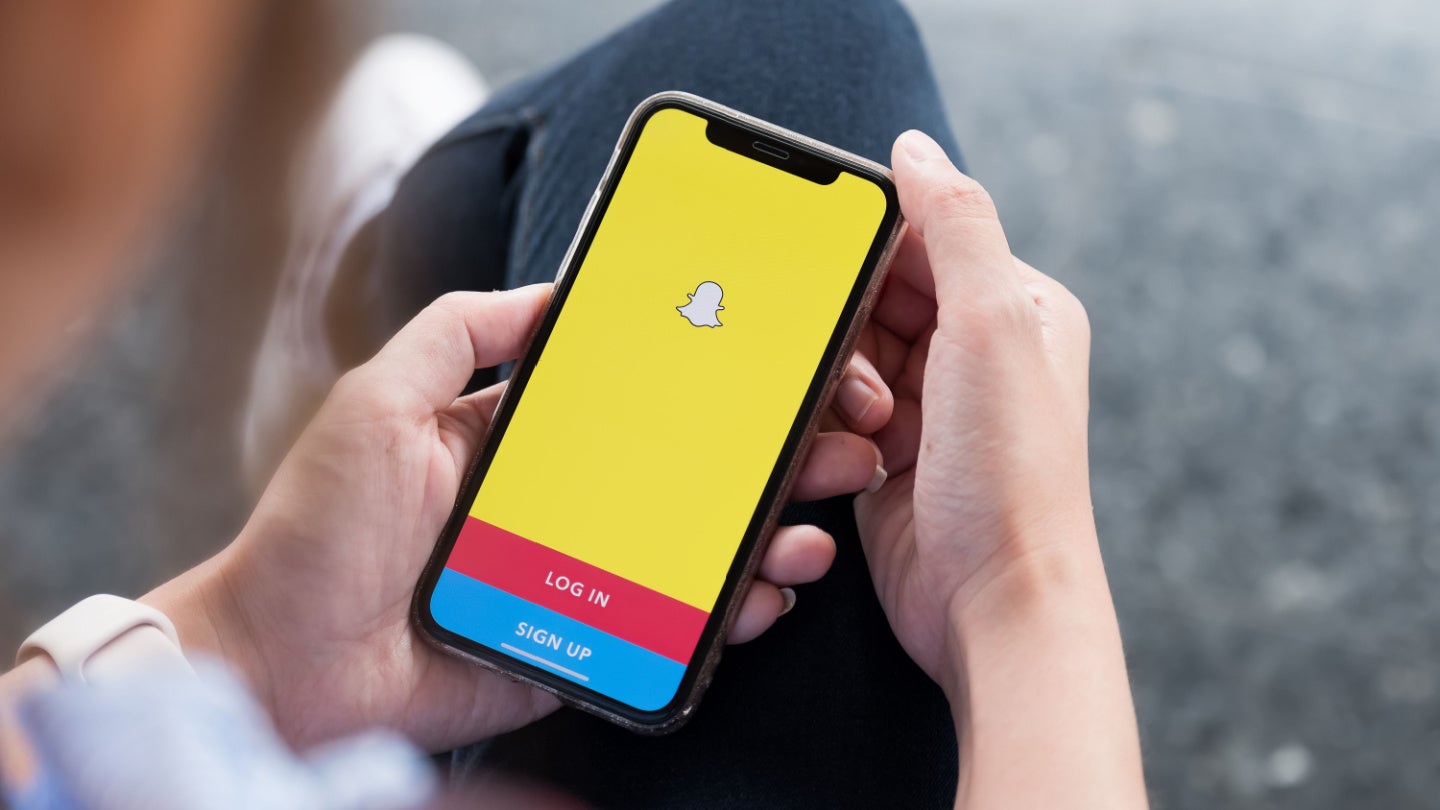
A recent Ofcom report into the terms and conditions of popular video sharing platforms (VSPs) found that many guidelines of apps like Snapchat, TikTok and Twitch all required a university level reading skill to be understood.
The UK communications watchdog stated that this was highly problematic considering the number of younger users under the age of 18 who use the platforms.

Access deeper industry intelligence
Experience unmatched clarity with a single platform that combines unique data, AI, and human expertise.
BitChute and Brand New Tube both had the shortest reading times recorded for their terms of conditions at 8 and 10 minutes respectively.
Despite this, the report still found that both guidelines of BitChute and Brand New Tube had a Flesch reading score of 30+. Meaning that these guidelines would be best understood by high school students.
OnlyFans had the longest reading time at 64 minutes and 15,922 words.
Ofcom’s report does concede that the varying reading times could be justified by differences in VSP audience and nature. So, although OnlyFan’s reading time was just above an hour, Ofcom do acknowledge that VSPs specialising in adult content may require more specific and longer guidelines regarding payment options and age verification.

US Tariffs are shifting - will you react or anticipate?
Don’t let policy changes catch you off guard. Stay proactive with real-time data and expert analysis.
By GlobalDataTikTok’s guidelines had the easiest recorded reading score, yet it was still above the average reading skill that its youngest users typically have.
Ofcom’s Online Safety Policy Director, Jessica Zucker, described many of the guidelines as “lengthy, impenetrable, and, in some cases, inconsistent.”
“Terms and conditions are,” as she explains, “fundamental to protecting people, including children, from harm.”
Zucker warned that VSP guidelines that are unclear or ambiguous could lead to ineffective content moderation, leaving room for users to be punished for content they did not realise was against VSP guidelines or leave harmful content up for longer.
For GlobalData’s principal analyst, Amelia Connor-Afflick, this report’s findings were not published in a vacuum.
Stating that Ofcom’s report has been published after “years of criticism” regarding VSP guidelines, Connor-Afflick acknowledged that it does “specifically highlight” the implications unclear guidelines have on content moderation.
Whilst responses to harmful materials have traditionally focused on moderation tools, Ofcom’s focus on terms and conditions will in Connor-Afflick’s opinion prove effective in spurring social media companies to act.
Snapchat, as she points out, is already in the process of updating its guidelines.
In light of the upcoming Online Safety Bill, the report also mentioned that it found disparities in how VSP guidelines handled nudity and mature content.
Despite all five VSP guidelines Ofcom examined stating that they can make exceptions for nudity, it was found that they do not consistently do this for all kinds of restricted material.
The report reinforced that “clearly explaining exceptions to the rules is likely to be beneficial to users’ freedom of expression” in a way which is safer to the apps’ younger users.
Additionally, the process of tagging explicit, sensitive or graphic content was similarly found to be vague.
Not only does this limit moderation, but also puts users of all ages at greater risk of seeing content they would rather avoid.
An upcoming Ofcom report into VSP measures to specifically protect minor users will be published by the end of 2023.







